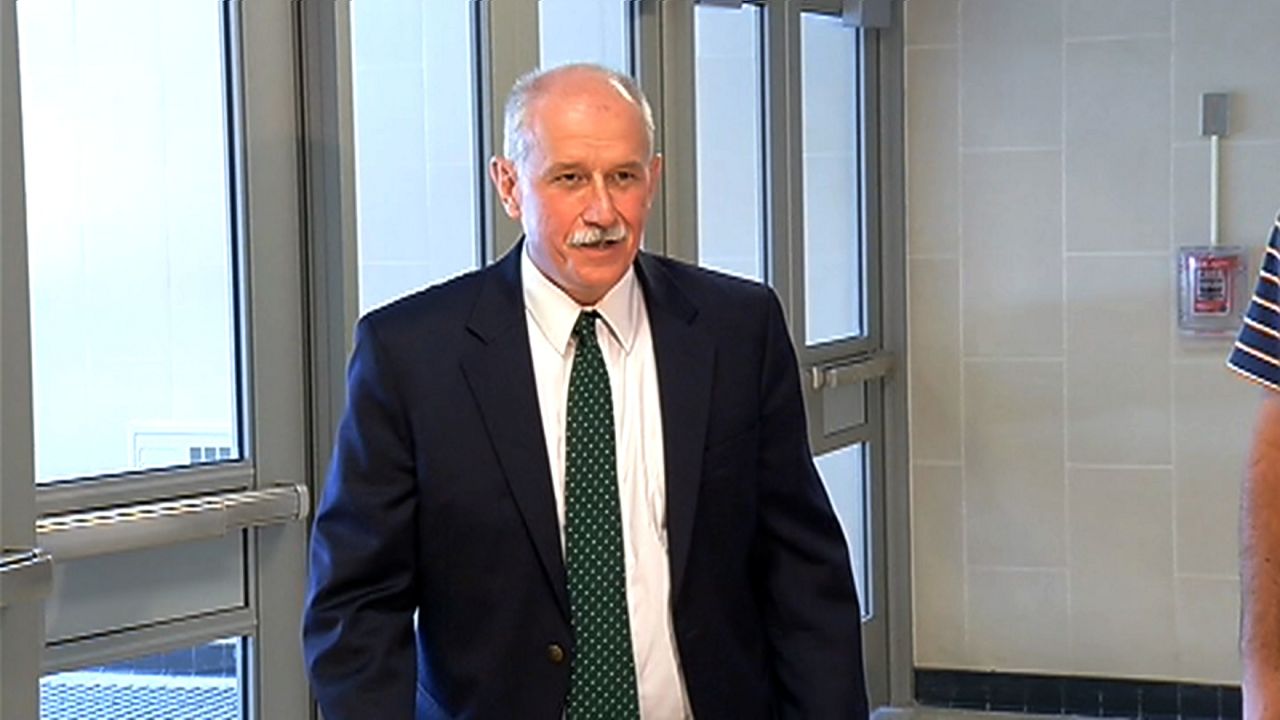Maggie Kay is excited to start her summer get-together with friends at Raquette Lake, taking a momentary pitstop at the Plattekill rest stop.
“They bought a new place," Kay said. "We're excited to go see what it looks like and to see them and to hang out, go swimming and not be in 95-degree humid weather.”
But this especially hot summer has extra hurdles for travelers like Maggie.
The intense heat can cause real problems with standard gas-powered cars, especially if the coolant level is low and you’re in traffic with the A/C on high.
“In stop and go and increased traffic in higher temperatures, that [car temperature] can increase just because a lot of people will have their air conditioning on full blast, especially when it gets really hot," said AAA Western and Central NY Emergency Roadservice Dispatch Manager Dan Fisher. "Your car is really working pretty hard to maintain that temperature.”
Normally while driving, the airflow of moving down the highway allows the car to maintain a safe temperature. But in traffic, that airflow ceases and the car can heat up faster. Fisher said the best thing to do to prevent engine overheating to make sure coolant levels are good, and to be aware of how much extra strain, like the A/C, is being put on the car. But if it does overheat, you should pull over somewhere safe and give it time to cool down. But it's also dangerous to try and open the radiator.
“The systems are closed," Fisher said. "They also build up a lot of pressure and that can cause significant injury if you open or try and open anything, if it's still under pressure.”
Kay doesn’t have to worry about that; a thorough car check before her trip ensured she can keep her mind on spending time with loved ones on the lake and not her car.
“I had the car serviced because I, specifically because it was so hot and I thought, you know, the last thing I want is to have the car break down," she said.










